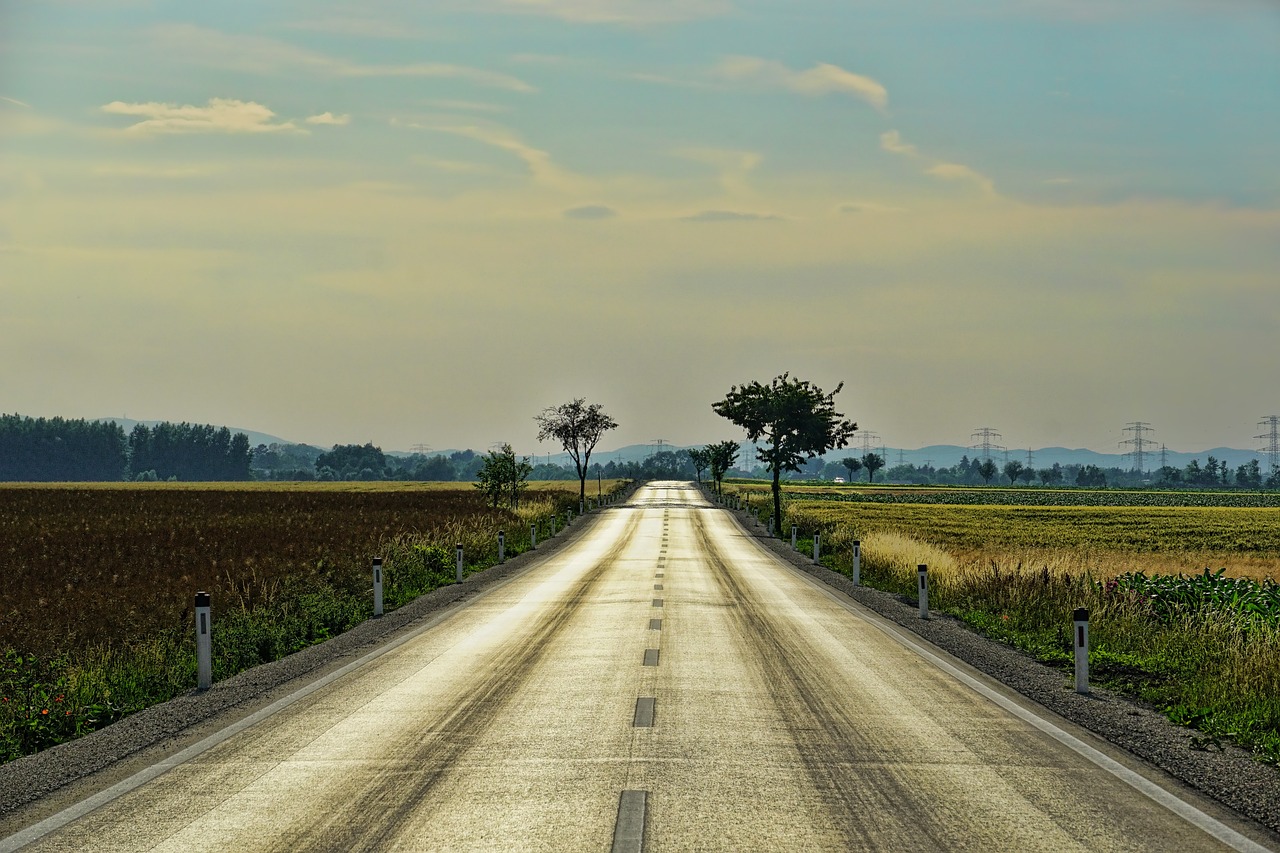Destinations - Part 2
Exploring Different Historical Time Periods - Part 2
Ancient Civilizations
Ancient civilizations refer to the early societies of humans that existed thousands of years ago. These civilizations laid the foundation for modern society and culture. Some well-known ancient civilizations include:
- Egyptian Civilization
- Greek Civilization
- Roman Civilization
- Mesopotamian Civilization
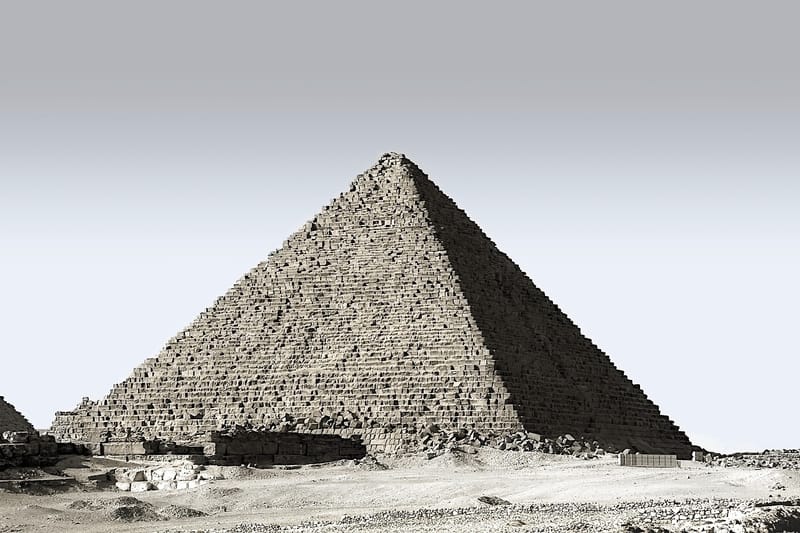
Medieval Period
The medieval period, also known as the Middle Ages, spanned from the 5th to the 15th century. It was a time of castles, knights, and feudalism. Key events and aspects of the medieval period include:
- Feudalism
- Crusades
- Black Death
- Medieval Art and Architecture
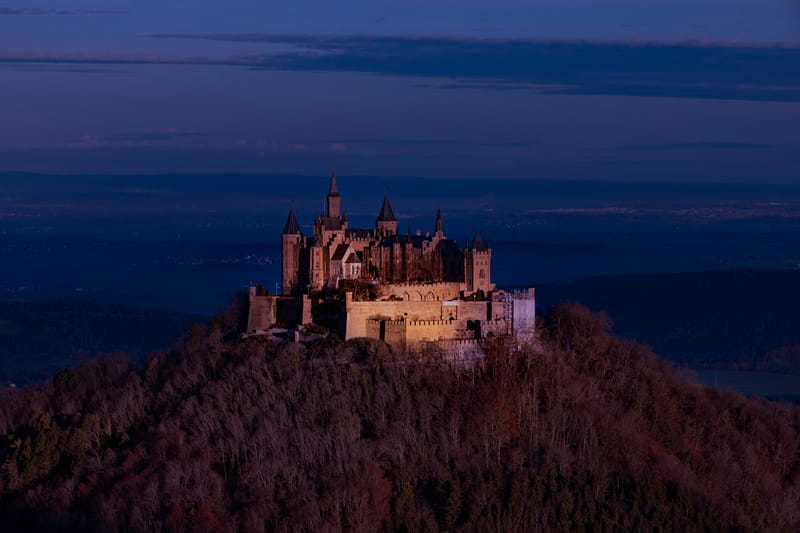
Renaissance
The Renaissance was a period of cultural rebirth that took place in Europe from the 14th to the 17th century. It marked a transition from the medieval period to the modern era. Key features of the Renaissance include:
- Humanism
- Artistic Revolution
- Scientific Revolution
- Exploration and Discovery
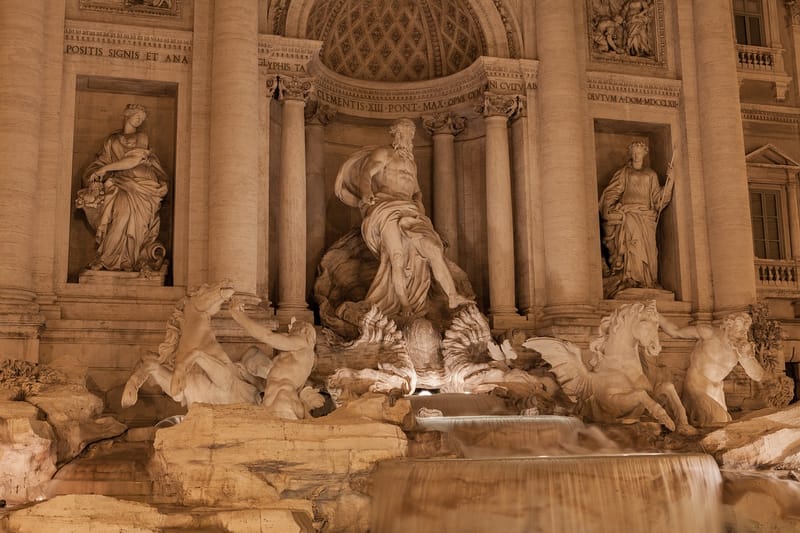
Age of Exploration
The Age of Exploration, also known as the Age of Discovery, was a period from the 15th to the 17th century when European powers explored, conquered, and colonized new territories around the world. Key explorers and events of this period include:
- Christopher Columbus
- Vasco da Gama
- Magellan's Circumnavigation
- Columbian Exchange
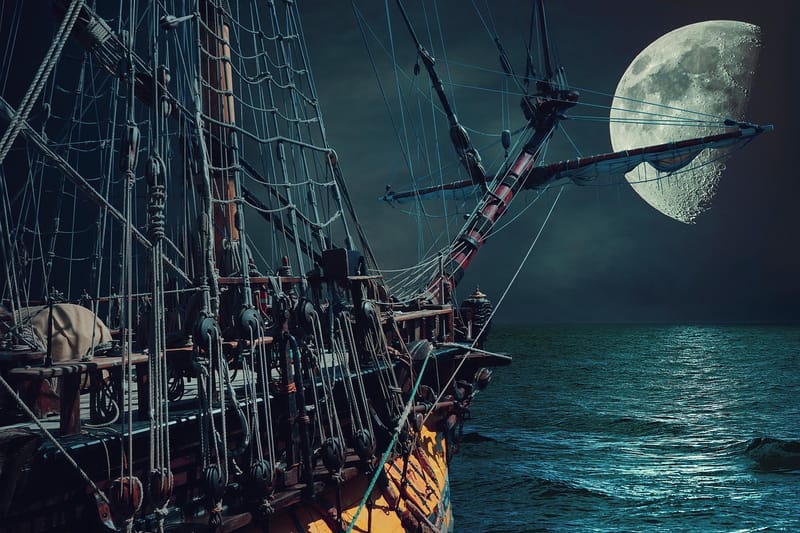
These historical time periods have shaped the world we live in today and continue to influence our culture, politics, and society.
